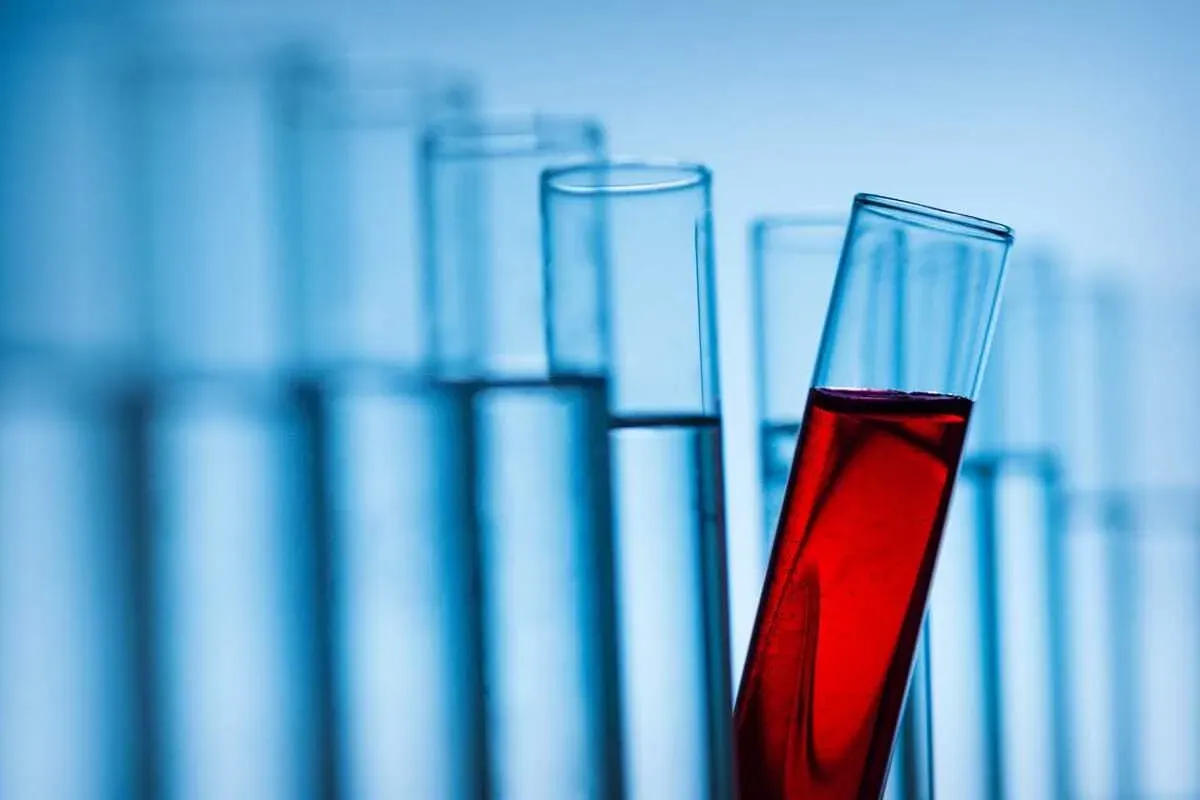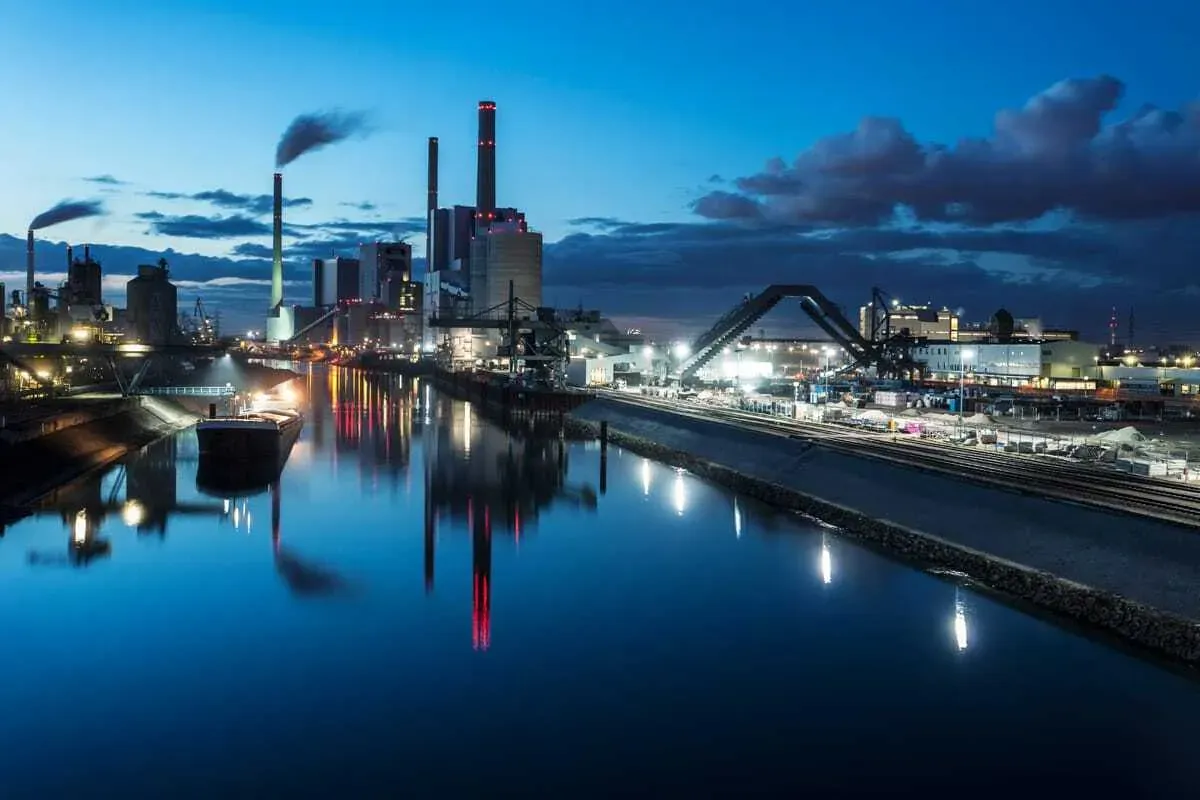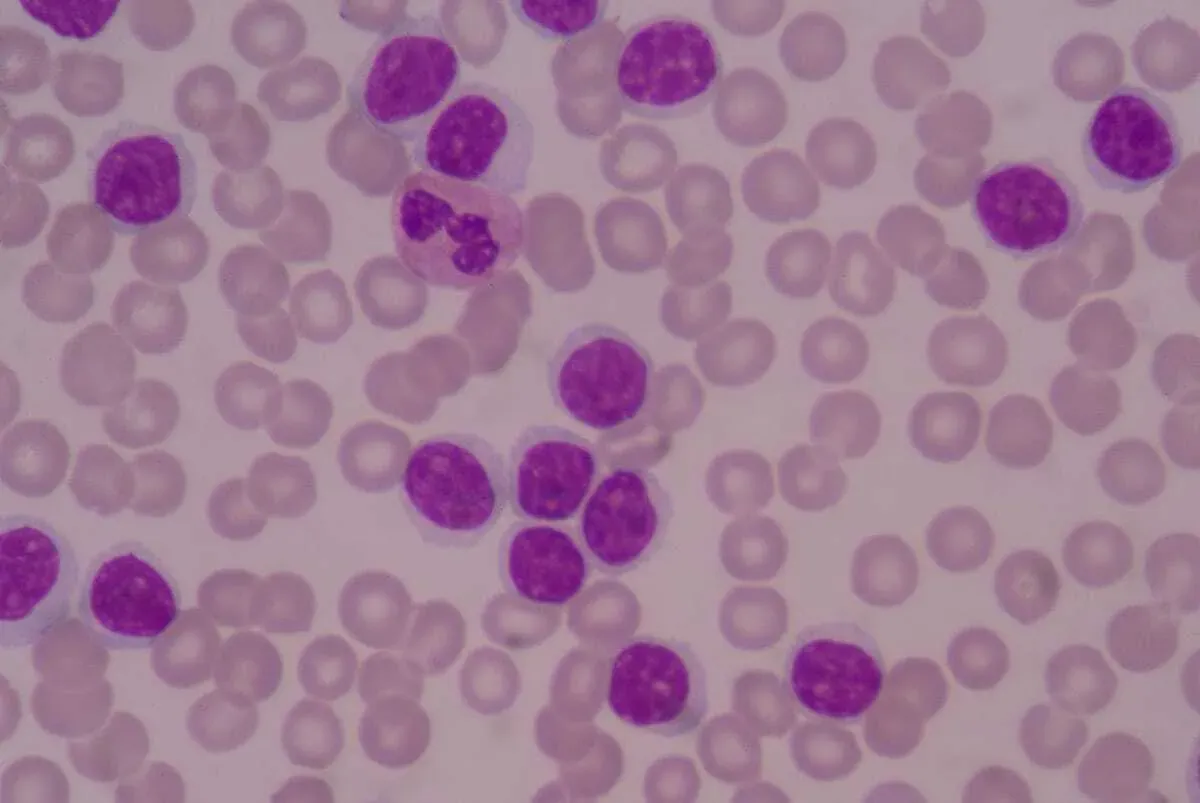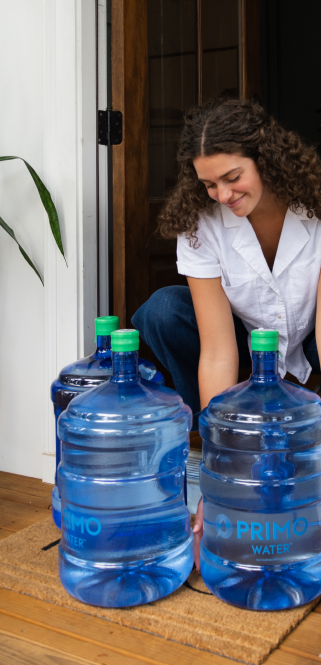
Iowa, the Next Victim of Unclean Water
The very industry keeping Iowa afloat in 2019 might be contributing to the downfall of its communities statewide. Because where there’s a surplus of agriculture, there’s bound to be some sort of pesticide contamination. And it just so happens that private well water across Iowa is succumbing to just that.
Related by ThinkProgress, a report completed by the Environmental Working Group (EWG) and the Iowa Environmental Council found that agriculture is putting water sources at risk of contamination for nearly 300,000 Iowans who rely on well water. Among many other water contamination hardships across the country, Iowa seems to be the next victim of environmental negligence.
TURNING A BLIND EYE
With little done to fix this reoccurring problem, the EPA Administrator Andrew Wheeler stated that water issues outranked climate change as the world’s leading environmental crisis. In fact, the EPA actually stopped a study of ion nitrate, a fertilizer often found penetrating private wells in Iowa, last month. So, while officials believe in the importance of clean water, there’s been scarce action to prove that belief.
Iowa has long faced the struggle for clean water, according to ThinkProgress. Des Moines Water Works (DMWW), servicing almost half a million people, has faced these struggles head-on while constantly dealing with nitrate contamination from upstream farms. Luckily, they’ve tried to do their party by suing three Iowa counties and constantly warring with the Iowa Farm Bureau and state lawmakers.

CONTAMINATION IN THE SPOTLIGHT
The big problem is this: while many agricultural big-wigs are not being held accountable for their contamination issues, the rural state of Iowa has hundreds of thousands of people who rely on private well water. To make matters worse, those wells go unregulated and are often not subjected to testing. Thus, the problem gets swept under the rug—until now.
Information from the Iowa Department of Natural Resources (DNR), and compiled by ThinkProgress, found that only 55,000 wells in the state were tested for nitrate, bacteria, or both between 2002 and 2017. That’s startling when you consider than an estimated 230,000 to 290,000 Iowans count on private wells for their drinking water. And, over 16 years, about 75% of private wells tested at unsafe levels of nitrate, coliform bacteria, and fecal coliform bacteria…all of which could lead to cancer and birth defects.
MORE ASSISTANCE NEEDED
According to the article, the EPA has determined that there is no safe level of coliform bacteria in drinking water, even though over 40% of those wells tested positive for it. And though the EPA says the legal limit of nitrates in water is at 10 parts per million, around 12% of these wells tested had amounts that exceeded it.
Though this is a known problem, neither Iowa nor the federal government require the testing or regulation of private wells, leaving the majority of Iowans to merely face the inevitable consequences. In the article by ThinkProgress, they quoted Anne Weir Schechinger, a senior economics analyst with EWG, saying:
“A lot of people don’t know what to do…I really think the EPA could be doing more oversight there.”
Schechinger also noted that the EPA gives each individual state the control over their own water, and despite this, could likely expand its authority through finances and education to help those in need of cleaner private well water. Though, a spokesperson from the EPA did say that they encourage private well owners to test their wells regularly for contaminants.

DON’T SETTLE FOR CONTAMINATION
Though there’s little we can do immediately about changing how our country views the importance of clean drinking water, what you can do is be an advocate. No matter where you reside, it’s likely that communities you know and love face water contamination problems. The good news? The 2020 election cycle is approaching, giving you the opportunity to elect officials who make clean water—a fundamental human right—a priority.
Primo® Water is here to help, offering safer, better water with every sip. Our water undergoes a 5-step Reverse Osmosis (RO) purification system, ridding it of harmful bacteria, trace pharmaceuticals and even heavy metals, like lead. In addition, Primo offers full-size water dispensers that fit your life to a tee, so you can have better water at the push of a button.
So, don’t settle for contaminated water. Find the nearest Primo® Water retailer to you.




